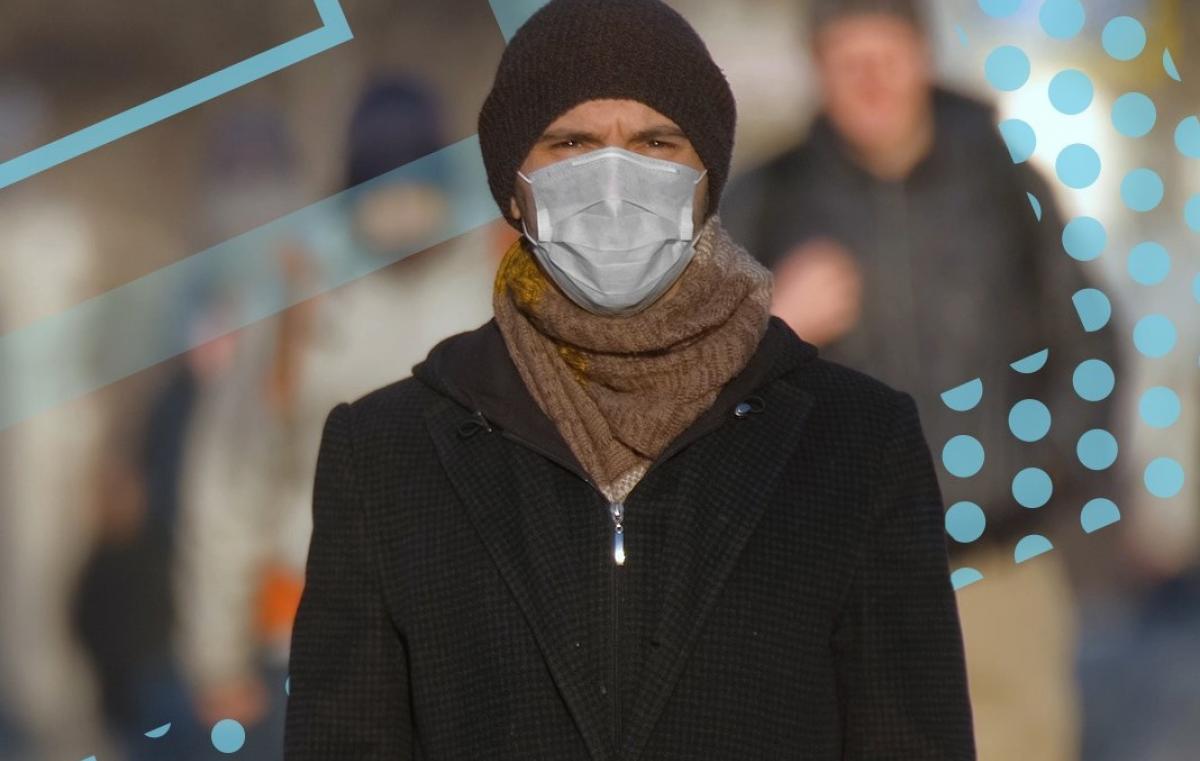Why Do People Oppose Vaccines?
Many citizens are voicing hesitation and even refusal to be vaccinated. Dr. David A. Rier, of BIU's Department of Sociology and Anthropology, writes about resistance to vaccines now, during the COVID -19 pandemic, and in general

For decades, faith in government and “establishment” institutions (e.g., politicians, big business, the media, physicians) has been declining. During the COVID pandemic, various factors have further undermined public trust in “the experts.” First, expert advice has sometimes been inconsistent and contradictory. Messages such as “Don’t buy masks: they don’t work, and we need them for frontline health-care workers,” early on in the pandemic, or calls to ban all gatherings from religious services to shopping—except for rallies or demonstrations supporting particular causes—have weakened the authority of the experts. Exacerbating this problem is the fact that numerous political and medical leaders have been observed violating the very “lock-down” restrictions they order. Today’s political polarization (here and abroad) has limited our ability to calmly debate the biological, medical, and policy realities of the pandemic.
Questions remain amongst citizens regarding the vaccines. Many don’t understand how the vaccines work, or the logic of the testing procedures, and resist vaccines that have been tested only a short time. Some recall certain tragedies, decades ago, with earlier vaccination programs. Also, younger and older citizens might differ in their personal vaccine risk/benefit calculations. Questions about vaccine effectiveness, strength and duration of protection, potential side-effects, contra-indications, new COVID strains, etc., would be difficult to clarify amongst the experts, and communicate clearly and quickly to the public, even given simpler conditions. All these factors amplify the voices of pre-existing anti-vaxxers, who have long opposed vaccination from profound distrust of the “establishment” or a general aesthetic opposing use of “non-natural” substances.
To improve vaccine acceptance, authorities must formulate a clear, coherent message, admit uncertainty, and tailor their presentation style to particular populations, such as Arabs, Ultra-Orthodox Jews, the young, and the old. They should use multiple channels, from print and broadcast media to social media such as Facebook and Twitter. That way, the experts and authorities could not only talk to the public, but also listen to their concerns.